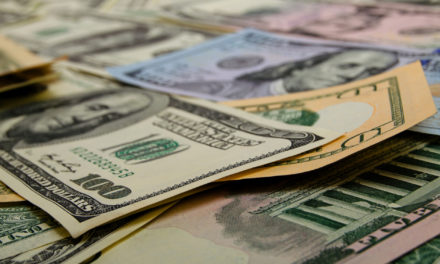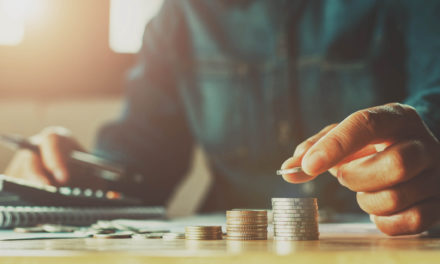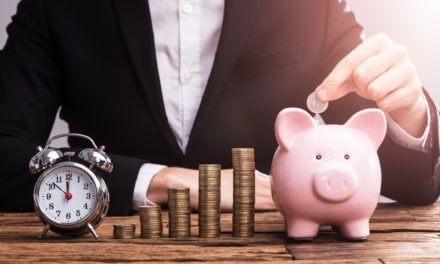
“Someone’s sitting in the shade today because someone planted a tree a long time ago.”
— Warren Buffett
One of the most important things investors can learn from Warren Buffett, is about how they approach their time horizon for an investment into a stock under consideration. Because immediately after buying shares of a given stock, investors will then be able to check on the day-to-day (and even minute-by-minute) market value. Some days the stock market will be up, other days down. These daily fluctuations can often distract from the long-term view. Today, we look at the result of a twenty year holding period for an investor who was considering Baxter International Inc (NYSE: BAX) back in 2004, bought the stock, ignored the market’s ups and downs, and simply held through to today.
| Start date: | 02/26/2004 |
|
|||
| End date: | 02/23/2024 | ||||
| Start price/share: | $15.72 | ||||
| End price/share: | $42.55 | ||||
| Starting shares: | 636.13 | ||||
| Ending shares: | 914.36 | ||||
| Dividends reinvested/share: | $14.60 | ||||
| Total return: | 289.06% | ||||
| Average annual return: | 7.03% | ||||
| Starting investment: | $10,000.00 | ||||
| Ending investment: | $38,928.90 | ||||
The above analysis shows the twenty year investment result worked out well, with an annualized rate of return of 7.03%. This would have turned a $10K investment made 20 years ago into $38,928.90 today (as of 02/23/2024). On a total return basis, that’s a result of 289.06% (something to think about: how might BAX shares perform over the next 20 years?). [These numbers were computed with the Dividend Channel DRIP Returns Calculator.]
Notice that Baxter International Inc paid investors a total of $14.60/share in dividends over the 20 holding period, marking a second component of the total return beyond share price change alone. Much like watering a tree, reinvesting dividends can help an investment to grow over time — for the above calculations we assume dividend reinvestment (and for this exercise the closing price on ex-date is used for the reinvestment of a given dividend).
Based upon the most recent annualized dividend rate of 1.16/share, we calculate that BAX has a current yield of approximately 2.73%. Another interesting datapoint we can examine is ‘yield on cost’ — in other words, we can express the current annualized dividend of 1.16 against the original $15.72/share purchase price. This works out to a yield on cost of 17.37%.
More investment wisdom to ponder:
“One of the funny things about the stock market is that every time one person buys, another sells, and both think they are astute.” — William Feather



